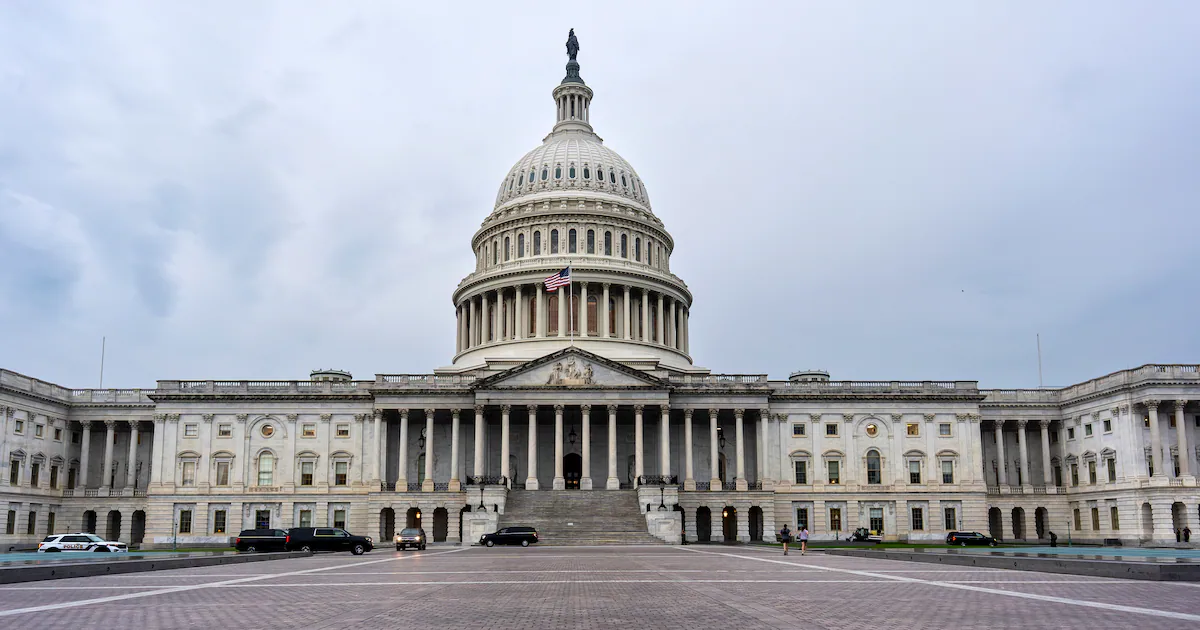By Ghana News
Copyright ghanamma

Ghana’s central bank has completed drafting legislation to regulate cryptocurrency and digital asset providers, setting the stage for what could become one of West Africa’s most comprehensive frameworks governing the rapidly evolving sector.
The Bank of Ghana (BoG) announced today that its Virtual Asset Service Providers (VASP) Bill has finished the drafting phase and is now progressing through processes leading to parliamentary consideration. The development marks a significant milestone in Ghana’s efforts to bring structure and oversight to a digital finance sector that has operated largely without formal regulation.
The central bank developed the legislation in collaboration with the Securities and Exchange Commission (SEC) and the Financial Intelligence Centre (FIC), ensuring the framework addresses both market integrity and anti-money laundering concerns. According to BoG, the draft bill has undergone extensive review by industry groups, relevant state institutions, and international development partners before advancing to its current stage.
What makes this development particularly noteworthy is the comprehensive groundwork BoG conducted before finalizing the legislation. In July 2025, the regulator conducted a mandatory registration exercise for all virtual asset service providers operating in Ghana, including cryptocurrency exchanges, wallet operators, and custodians. That exercise provided updated baseline data on virtual asset activities in Ghana, offering valuable insights that shaped the final regulatory framework.
Dr. Johnson Pandit Asiama, who became BoG Governor in February 2025, had previously indicated at a Monetary Policy Committee press conference that the draft bill was at cabinet level. He mentioned plans to sensitize the Attorney-General’s department on the bill’s provisions—a crucial step before parliamentary submission.
The legislation arrives as Ghana positions itself within the global movement toward regulated digital asset markets. Countries worldwide are grappling with how to harness cryptocurrency’s potential while protecting consumers and preventing illicit financial flows. Ghana’s approach appears to balance innovation encouragement with prudent oversight.
BoG has outlined a structured roadmap for implementing the framework once parliament passes it into law. Immediate priorities include continued consultations with the executive branch, legislature, and other stakeholders on the draft bill. The bank also plans to launch a dedicated online portal serving as a central information and compliance support hub for virtual asset service providers.
Nationwide awareness and engagement activities with industry players and the public are scheduled, along with preparatory measures to ensure smooth rollout once the VASP Act takes effect. This phased approach suggests BoG recognizes that effective regulation requires not just legislation, but also education and infrastructure.
For Ghana’s cryptocurrency sector, the bill represents both opportunity and challenge. Formal regulation could attract institutional investors who’ve avoided the space due to regulatory uncertainty. It might also facilitate partnerships between traditional financial institutions and digital asset platforms, potentially expanding access to cryptocurrency services.
However, compliance requirements will likely increase operational costs for virtual asset service providers. Smaller operators may struggle to meet licensing standards, potentially consolidating the market around larger, better-capitalized players. The registration exercise BoG conducted in July probably gave regulators insight into which operators are positioned to meet forthcoming standards.
The central bank’s statement emphasized its commitment to “fostering a safe, transparent, and innovative virtual asset ecosystem that protects users, encourages responsible innovation, and safeguards the integrity of the financial system.” That language suggests regulators are attempting to avoid stifling innovation while establishing necessary guardrails.
International context matters here. The Financial Action Task Force (FATF), which sets global standards for combating money laundering and terrorist financing, requires member states to regulate virtual asset service providers. Ghana’s move aligns with international best practices and could enhance its standing in global financial markets.
The bill’s progression through parliament will be worth watching. Legislators will need to balance competing interests: consumer protection advocates wanting strong oversight, industry players seeking operational flexibility, and government officials concerned about both innovation and financial stability.
Questions remain about specific provisions in the draft legislation. Will it require virtual asset service providers to maintain minimum capital reserves? How will it handle cross-border transactions? What enforcement mechanisms will BoG employ? These details will become clearer as parliament begins its review process.
For now, virtual asset service providers operating in Ghana should prepare for a regulated future. The mandatory registration exercise was likely just the beginning. Once the VASP Act passes, operators will need to meet licensing requirements, implement compliance systems, and adapt business models to regulatory standards.
BoG’s dedicated online portal, when launched, should provide clarity on compliance expectations. Industry players would be wise to engage with that platform early and participate in awareness activities the central bank plans to conduct.
The cryptocurrency sector has matured considerably since Bitcoin’s emergence over a decade ago. What began as an experimental technology has evolved into a significant financial ecosystem. Ghana’s move toward formal regulation acknowledges that reality while attempting to shape how digital assets integrate into the country’s financial system.
Whether parliament will pass the bill in its current form remains uncertain. Legislative processes can be unpredictable, with amendments possible as different stakeholders weigh in. But BoG’s completion of the draft represents substantial progress toward bringing regulatory clarity to Ghana’s virtual asset sector.
For international observers, Ghana’s approach may offer lessons in balancing innovation with oversight in emerging markets. The country’s experience could inform regulatory strategies across Africa as the continent grapples with cryptocurrency’s rapid adoption.



